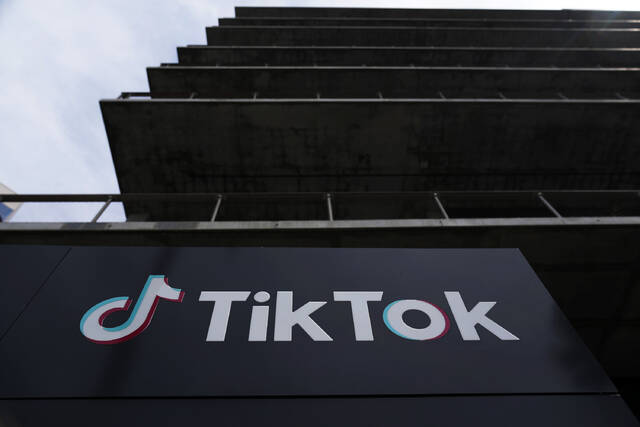WASHINGTON — The House approved a bill on Saturday that could prohibit TikTok in the United States if the Chinese company that owns the popular social media platform doesn't sell its share within a year, but it's unlikely that the app will disappear soon.
House Republicans decided to include TikTok in a broader foreign aid package, which is a priority for President Joe Biden and has strong congressional support for Ukraine and Israel. This decision to fast-track the ban came after an earlier version had stalled in the Senate. A separate bill with a shorter six-month deadline for selling passed the House in March with overwhelming bipartisan support, as both Democrats and Republicans expressed national security concerns about the Chinese technology firm ByteDance Ltd, the owner of the app.
The revised measure, approved by a 360-58 vote, now heads to the Senate after negotiations that extended the timeline for the company to sell to nine months, with a possible additional three months if a sale is in progress.
Legal challenges could prolong that timeline further. The company has indicated that it would likely go to court to try to block the law if it passes, arguing that it would deprive the app’s millions of users of their First Amendment rights.
TikTok has strongly opposed the legislation, urging its 170 million U.S. users, many of whom are young, to contact Congress and express their opposition. However, the intensity of the resistance has upset lawmakers on Capitol Hill, where there is widespread concern about Chinese threats to the U.S. and where few members use the platform themselves.
“We will not stop fighting and advocating for you,” said TikTok CEO Shou Zi Chew in a video posted on the platform last month, directed toward the app’s users. “We will continue to do all we can, including exercising our legal rights, to protect this amazing platform that we have built with you.”
The bill’s swift passage through Congress is remarkable because it targets one company and because Congress has historically taken a hands-off approach to tech regulation. Lawmakers had previously failed to act despite efforts to protect children online, safeguard users’ privacy, and make companies more accountable for content posted on their platforms, among other measures. However, the TikTok ban mirrors widespread concerns from lawmakers about China.
Members of both parties, together with intelligence officials, have been concerned that Chinese authorities could compel ByteDance to provide American user data or instruct the company to suppress or promote TikTok content that serves its interests. TikTok has refuted allegations that it could be used as a tool of the Chinese government and has stated that it has not shared U.S. user data with Chinese authorities.
The U.S. government has not publicly presented evidence showing that TikTok shared U.S. user data with the Chinese government or manipulated the company’s popular algorithm, which influences what Americans see.



